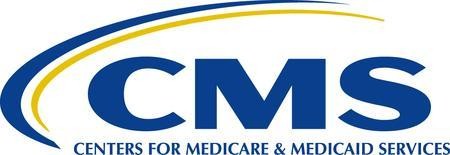Mother and Infant Home Visiting Program
Evaluation (MIHOPE)
Informing the Future of Home Visiting
Using Random Assignment to Support Program Operations
Did you know that programs use random assignment outside of research settings? When faced with more people who can benefit from services than space or resources to serve them, programs may respond in a few ways. They may have waitlists. They may limit or stop recruitment at different times throughout the year. Or they may use a lottery-like process like random assignment because it is a reliable and unbiased way to allocate resources. From coast to coast, programs and service providers in a variety of settings use random assignment to fairly allocate a limited number of services to those who need them.
Many MIHOPE and MIHOPE-Strong Start program sites have asked about the equity of using random assignment in program operations. A few human services and education program examples are presented below to demonstrate ways in which service providers who are not doing studies have incorporated random assignment into their operations. They include a Temporary Assistance for Needy Families (TANF) program, public school system, housing authority, and public preschool program. These services are diverse in who they serve and where they are located.
- From the Ramsey County (Minnesota) Families Achieving Success Today (FAST) program: FAST helps eligible low-income families meet their employment goals and achieve self-sufficiency. It is limited to 150 participants. “Cases are selected by Ramsey County and randomly assigned to FAST based on criteria.”
- From the Bristow (Connecticut) Student Selection Process: “Bristow Middle School announces its enrollment process for the 2014-2015 school year… All students who are attending West Hartford Public School are automatically included in the process… We will randomly assign each student who attends the school a number… We will check the demographics of each school’s random sample to ensure that the balance is maintained throughout the sample…”
- From the Chicago Housing Authority Housing Choice Voucher (HCV) Program: In 2008, the Chicago Housing Authority opened the lottery for the HCV Program waiting list. Those who were interested in a voucher completed the required questions and submitted a registration to be entered into an electronic lottery. “A computer then randomly selected the names of 40,000 individuals and randomly assigned them a position on the waiting list.”
- From the Denver Public Schools Early Education Program: To apply for an early childhood education or kindergarten program slot for the 2014-2015 school year, families need to submit a School Choice form and indicate the top five schools for their child. “Students will be considered for enrollment at each school based on the preferences listed, admissions priorities established by each school, available seats and random lottery number.”





